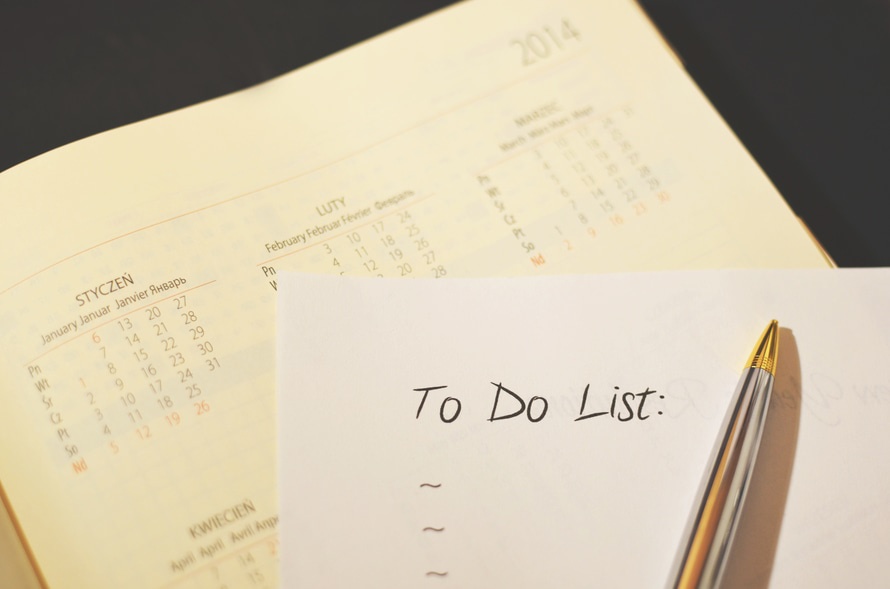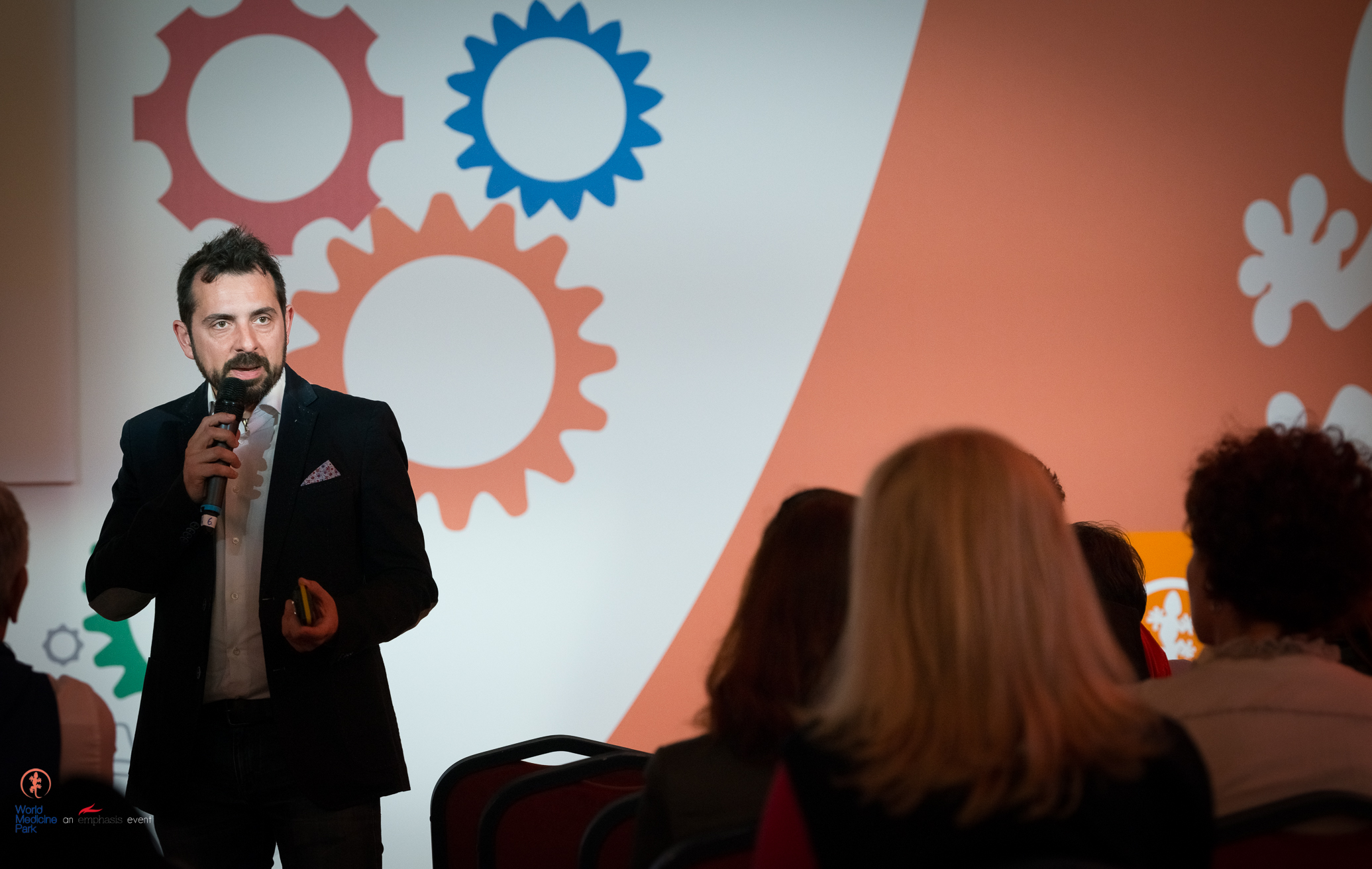No matter how ready you think you are, rest assured at your next meeting or conference, there will be a few blips along the way. Here are four common speaker-related challenges that can pop up just when you think it’s smooth sailing—and here’s how to be ready for them:
The presentation pitfall
Yes, sometimes, laptops fail, and it is a heart-stopping moment for all, particularly the A/V guy. Obviously rehearsals help curtail problems, but when speakers are especially high-level, often they can’t spare the time. For those guests, it’s best to have their presentations loaded onto two laptops (at least), cued up and ready to go in the A/V booth so an almost seamless switch can be made should a major issue arise.
The see-you-later speaker
You’ve allotted 45 minutes for the conference’s opening speaker to share her wisdom. Unexpectedly, she wraps her speech up in 20 (including Q & A) and is off to her next command performance. Great for her schedule, but not so great for yours. How to manage a workaround?
To start, expect big names, especially those who are speaking gratis, to be on the brief side. Not ideal, but it does happen more than we’d like to admit, so don’t be taken by surprise.
When building the conference schedule, try putting in a coffee break immediately following the opening speaker so whether they go long or short, it won’t mess up the rest of the day’s schedule. Also let your banquet manager know they may need to be flexible on the break’s start time, should the opening session let out earlier than planned.
The forgetful speaker
It always amusing to see what speakers will forget to bring along for their conference sessions—things like laptops, handouts, their actual presentations (!) and any number of items directly related to why they’ve been invited to speak in the first place.
How to prepare? Start by remaining calm, especially when the speaker is on the verge of a meltdown, and:
- Have extra, backup laptops on-site and immediately available, preferably PC and Mac
- Make sure you’ve boosted the storage capacity of your Dropbox account so you can quickly deal with large file shares (PowerPoint presentations can be enormous, you know).
- Spare thumb drives to swap files when Wi-Fi is dicey
- Fast access to a printer for the handouts the assistant forgot to send, FedEx didn’t deliver, or their dog ate. Ideally, a printer in the conference workroom is best, particularly when the hotel’s business center is an eight-ballroom sprint away.
The clumsy keynote
A dollop of marinara sauce or cup of coffee spilled on the speaker’s white shirt moments before taking the stage is the stuff of nightmares – and they happen all the time.
Here are the basics of how to get a stain out, or at least tamp it down ‘til they can get to the dry cleaners:
- Blot, don’t scrub – scrubbing damages fabric fibers and drives the stain further in
- Put hot water on grease stains – to help dissolve it
- Put cold water on a wet stain – or any spot that contains water (like fruit juice)
- Lighten up on club soda – no need to hose guests down with club soda – it’s not a miracle cure – water is almost as effective, so no need to break out the Perrier.






